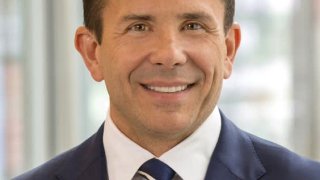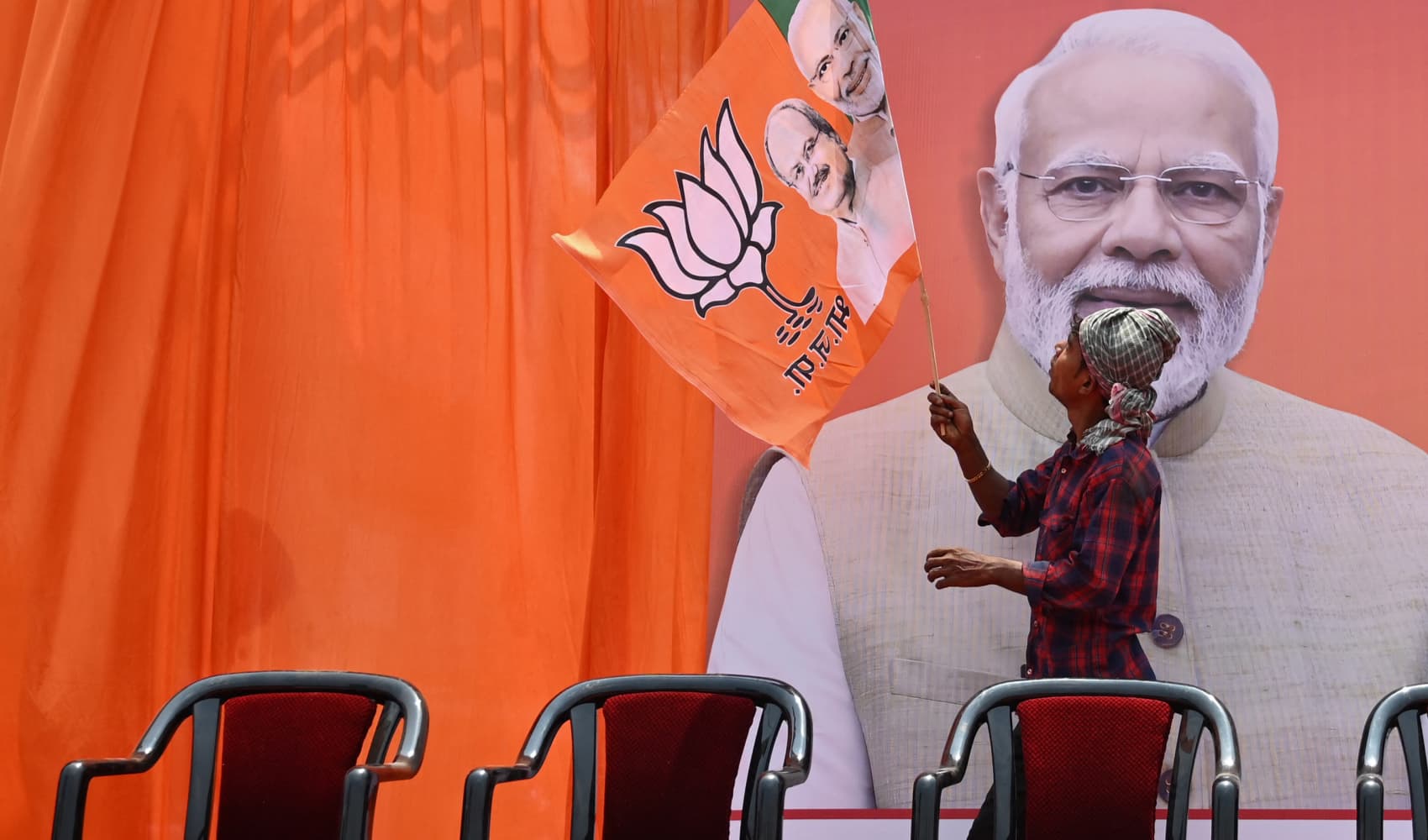
Oftentimes, commencement speakers conclude their speeches with something to the effect of, "now go out and change the world." Turns out, that may not be the best advice, according to a self-made millionaire.
Taking smart risks can ultimately lead to revolutionary ideas, says John Crowley, executive chairman of Amicus Therapeutics, a biotechnology company. But if your ultimate career goal is to change the world, you may be setting yourself up for disappointment.
"Very few people have changed the world," Crowley tells CNBC Make It. "And if you set out in your life, certainly at college, to change the world, [that] will be a pretty big task."
Crowley says that smart risk-takers avoid setting lofty, broad goals, opting instead for clear, tangible goals.
Get New England news, weather forecasts and entertainment stories to your inbox. Sign up for NECN newsletters.
"[They] realize that they've got to define their mission. What do they want to do?," he explains. "Where is the urgent need? And it may be touching one life, helping a friend in need. It may be, you know, helping a small part of your community."
It's advice that Crowley modeled during his own career — in 1998, two of his children were diagnosed with Pompe disease, a rare and often fatal neuromuscular disorder. After consulting with several doctors to no avail, Crowley sought out to find a cure on his own. In 2000, he co-founded Novazyme Pharmaceuticals, a biotech start-up that grew to over 100 employees in under two years, he says.
A year later, he sold the company to Genzyme Corporation for over $100 million, but remained senior vice president, overseeing the company's Pompe program and collaborating with scientists from September 2001 to December 2002. In January 2003, his kids received the treatment that he says "saved their life."
Money Report
"When I think about what we did, we didn't set out to change the world," he says. "But we did set out to change a very small part of the world, that, for our family, kind of meant the world to us."
In fact, many of the founders of today's most popular companies didn't start out with hopes to impact the entire world. When Bill Gates and Paul Allen started Microsoft, they simply wanted to develop software for the Altair 8800, an early personal computer, according to Microsoft's website.
Similarly, when Steve Jobs and Steve Wozniak founded Apple in 1976, their goal was to create computers that were more user-friendly, compact and easily accessible, Biography.com reports. Today, the company has a $2.79 trillion market capitalization, and has expanded from just computers to smart watches and VR headsets.
Crowley reassures that starting with more concise goals gives you the opportunity to expand once that goal is met.
"Try to figure out where you can make the most impact … the most change," he says. "You'll need to take risks, oftentimes, to do that, sometimes enormous risks. But again, don't think about your mission too big."
DON'T MISS: Want to be smarter and more successful with your money, work & life? Sign up for our new newsletter!
Get CNBC's free report, 11 Ways to Tell if We're in a Recession, where Kelly Evans reviews the top indicators that a recession is coming or has already begun.






